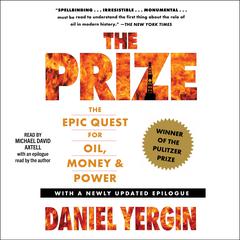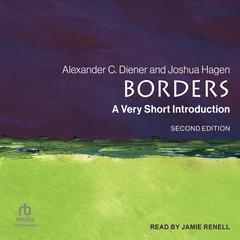 Play Audiobook Sample
Play Audiobook Sample
Biochemistry: A Very Short Introduction Audiobook
 Play Audiobook Sample
Play Audiobook Sample
Quick Stats About this Audiobook
Total Audiobook Chapters:
Longest Chapter Length:
Shortest Chapter Length:
Average Chapter Length:
Audiobooks by this Author:
Publisher Description
From the simplest bacteria to humans, all living things are composed of cells of one type or another, all of which have fundamentally the same chemistry. This chemistry must provide mechanisms that allow cells to interact with the external world, a means to power the cell, machinery to carry out varied processes within the cell, a structure within which everything runs, and also governance through a web of interlocking chemical reactions. Biochemistry is the study of those reactions, the molecules that are created, manipulated, and destroyed as a result of them, and the massive macromolecules that form the chemical machinery and structures on which these biochemical reactions take place.
It didn't take long for an understanding of the chemistry of life to turn into a desire to manipulate it. Drugs and therapies all aim to modify biochemical processes for good or ill: Penicillin, derived from mold, stops bacteria making their cell walls. Aspirin, with its origins in willow bark, inhibits enzymes involved in inflammatory responses. This Very Short Introduction discusses the key concepts of biochemistry, as well as the historical figures in the field and the molecules they studied, before considering the current science and innovations in the field, and the interaction between biochemistry, biotechnology, and synthetic biology.
Download and start listening now!
Biochemistry Listener Reviews
Be the first to write a review about this audiobook!























